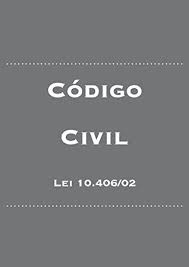Yes, there´s a lot! Commonly confused, these terms are the key to almost any understanding that is sought in real estate law. The Brazilian Civil Code of 2002 conceptualizes ownership as a real right, which is presumed to be full and exclusive until proven otherwise.

Article 1,228 The owner has the power to use, enjoy and dispose of the thing, and the right to recover it from the power of whoever unjustly owns or holds it.
It is the owner who, in theory, gathers all powers over certain asset. This does not mean that the owner owns the thing all the time. Example: a residential lease agreement regularly established, the owner, by means of this document, grants ownership of the property to his tenant, no longer being able to enter the residence without the lessee’s authorization.

Article 1,196 Anyone who actually has the exercise, full or not, of any of the powers inherent to ownership is considered to have possession.
We say, in the case of the lease, that the tenant is the direct holder of the property (direct possession) and the owner has the indirect possession of the property – he is owner for all purposes, but has given possession to someone else, for a certain time and under certain conditions. conditions, with the monthly rent payment, for example.
Article 1,197 The direct possession of a person who has the thing in his possession, temporarily, by virtue of personal or real law, does not nullify the indirect, of which it was, and the direct owner can defend his possession against the indirect.
Rudolph Von Ihering (1818-1892), a German jurist, summed up the term quite correctly when he stated that “possession is the visibility of the domain”. It is a de facto situation, in which a person, regardless of whether he is the owner or not, exercises ostensible powers over a thing, conserving and defending it.




